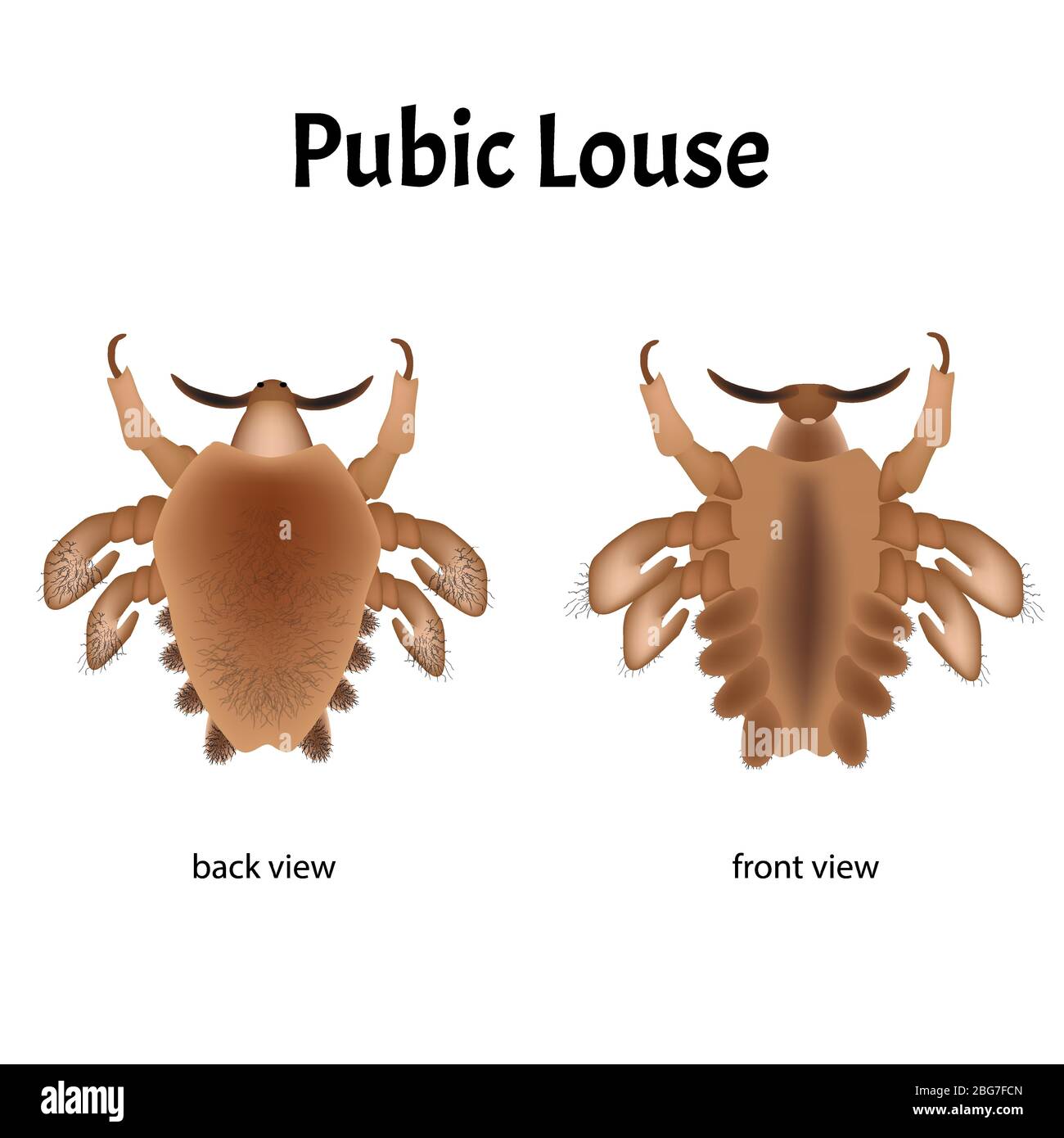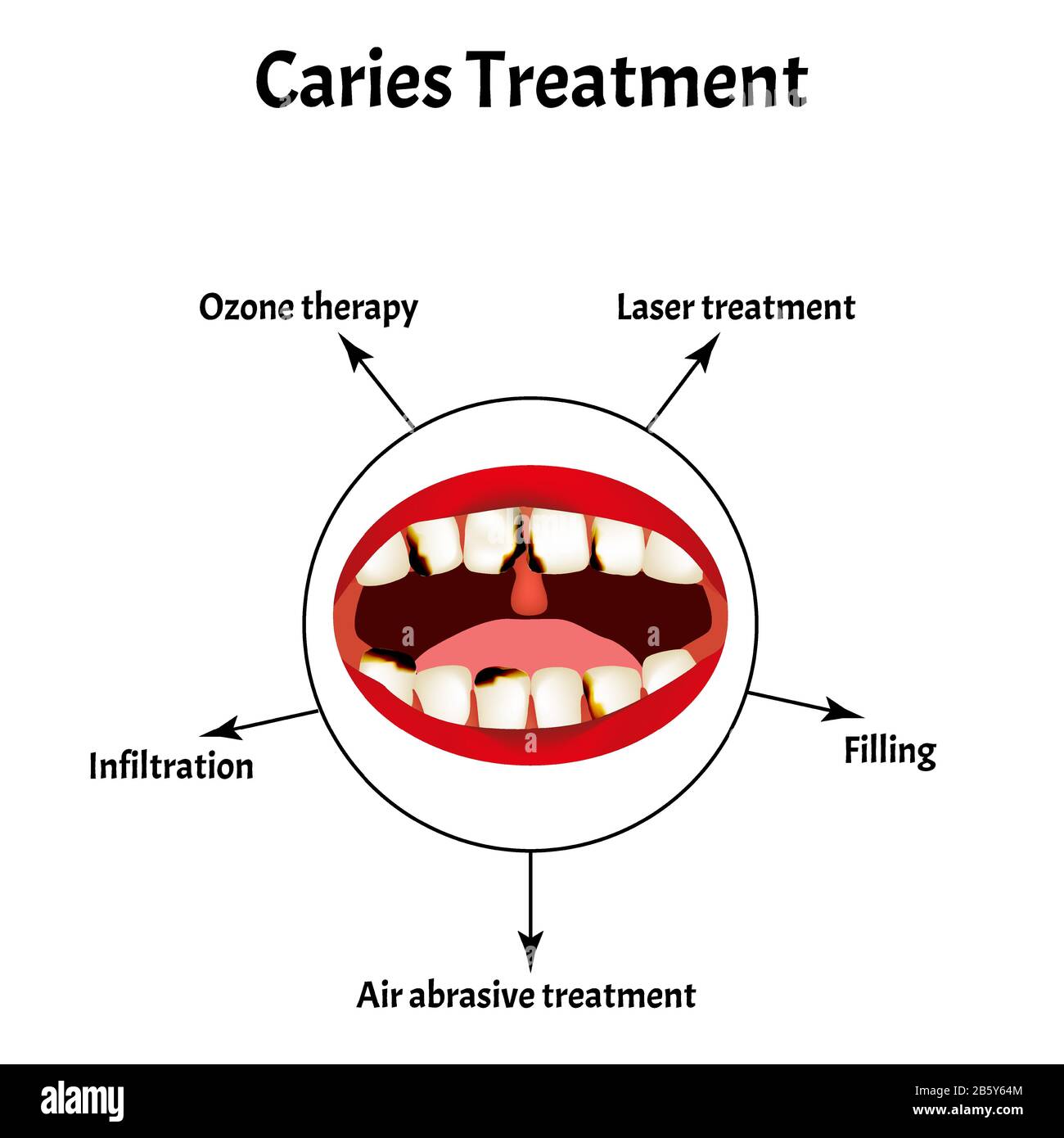Ingrown pubic hair cyst: Identification, causes, treatments, and more
Table Of Content

Underlying skin conditions may also require prescription topical and oral medications to relieve itchy, irritated skin. This is the medical term for the infection of one or more hair follicles due to bacteria. Folliculitis can occur after shaving your pubic hair because newly grown hair can curl back toward the skin, causing irritation. A hair can also grow back into the skin, which is called an ingrown hair. Folliculitis occurs when bacteria become trapped in hair follicles, causing the hairs to curl back into the skin.
The risks of popping a zit
The virus can easily spread from person-to-person through sexual activity. An area with ingrown hairs may have little reddish bumps that may itch. It might be possible to see the hair trapped within the skin. This article explains how ingrown pubic hair cysts form, how to identify and prevent them, and when to contact a doctor.
Why does genital acne occur?
Treatment includes medicated creams and lotions such as precipitated sulfur, crotamiton 10% cream and permethrin 5% cream.
Sutter Health
If you shave your pubic area with a razor, change your razor often. An old or dull razor can harbor bacteria and cause ingrown hairs. If you have recurring boils, your healthcare provider may collect a sample of the drainage to see what kind of bacteria is causing the infection. Recurring vaginal boils may require a certain antibiotic or be a symptom of an underlying condition. You may also be given a test to check for sexually transmitted infections (STIs).
They can attempt to prevent razor bumps by properly preparing the skin before hair removal or trying a different hair removal technique. A person who wants to remove hair from their pubic region but wishes to avoid razor bumps can consider trying another hair removal technique. Yeast infections are caused by an overgrowth of Candida albicans fungus that naturally lives on your skin and inside the vagina.
Boils tend to get large — some might get as big as two inches or more. When hair follicles are damaged, they may be invaded by viruses, bacteria and fungi. Superficial folliculitis affects the upper part of the hair follicle and the skin around the follicle.
What Is Vaginal Acne, and How Do You Treat It? - Seventeen
What Is Vaginal Acne, and How Do You Treat It?.
Posted: Mon, 03 Dec 2018 08:00:00 GMT [source]
Most cases of vaginal pimples clear on their own or with home treatment. Lifestyle strategies, including changes to personal hygiene routines, may prevent future outbreaks. Because the virus can lie dormant in the body, genital herpes can be transmitted even if there are no visible spots or sores. All types of unusual bumps and spots can develop in the area around the vagina.

If you’re worried about any lumps and bumps on your pubic area, the best thing to do is speak to your doctor. There is not a quick way to get rid of a boil near your vagina. Antibiotics from your healthcare provider may help speed up the healing process. Applying a warm compress several times a day to the area is the best way to get rid of a vaginal boil. A boil can develop on the labia (lips of the vagina), in the pubic region (where pubic hair grows) or in the vulvar area around your vagina.
Some pimples on the pubic area, groin or genitals may be symptoms of STIs such as genital herpes, genital warts or pubic lice. The pimples, sores and bumps may be the first signs of a STI. If you notice them in your pubic area, avoid sexual contact until you consult a doctor for evaluation. STIs may also present with penile or vaginal discharge, fever, muscle ache and pain. People may confuse razor bumps with razor burn, as they both typically occur after shaving.
If you’ve recently used a new product that has come into contact with your genital area, your itching may be caused by contact dermatitis. Soaps, lotions, and other hygiene and skin care products can cause contact dermatitis, which is a skin irritation. Psoriasis is a skin condition that causes red, scaly patches of skin (plaques). Inverse psoriasis is a type of psoriasis that affects the groin and other skin folds, which can make the pubic area itchy.
The moist environment invites bacteria, and the hair follicles are ripe for in-grown hairs or inflammation. Folliculitis, even in the genital region, is generally not contagious. Luckily, mild forms of folliculitis can go away on their own. You may just need to use a washcloth with warm water and antibacterial soap to wash the area gently. However, while the word “vaginal boil” may be a good description, it’s not actually medically accurate.
17 Best-Rated Ingrown Hair Serums In 2024 - ELLE
17 Best-Rated Ingrown Hair Serums In 2024.
Posted: Fri, 14 Apr 2023 07:00:00 GMT [source]
People can consider getting the HPV vaccine before being sexually active to help prevent genital warts. Wash the area daily with warm water and mild, unperfumed soap. These products can affect the pH balance, which can lead to infection. Vaginal pimples are similar in appearance to pimples in other areas of the body. Treatment includes proper hygiene, heat therapy, and medication.
Treatment includes washing with antibacterial soap and applying a topical antibiotic cream. If you frequently have zits that you want to pop, Curtiss suggests treating your acne issue overall. These are small stickers that you apply to your zits that contain hydrocolloid gel, a wound-healing substance, according to the Cleveland Clinic. You can also dab products containing benzoyl peroxide, glycolic acid, or salicylic acid on the spots.

These products may help by reducing inflammation and removing dead skin cells to encourage the trapped hair to emerge from the skin. Hair removal is a common and popular way for many people to groom their pubic area. However, certain techniques can irritate the skin, potentially causing razor bumps. For example, some STDs, such as genital herpes, are incurable — but outbreaks can be treated with medication. Other genital sores, such as noncancerous cysts, don’t always require treatment.
It’s also important to seek medical care if you notice changes in an existing sore or experience unexplained flu-like symptoms. Vulvar ulcers are open sores or lesions on the vulva, the external part of the female genitalia. Beyond that, the exact form of treatment will depend on the underlying cause. Bumps and lumps around your vulva that bleed or don’t go away can also be signs of vulvar cancer and will require immediate medical attention. Sometimes, even a scratch can become infected and cause a genital sore. Taking an antihistamine may help relieve itching, especially if it’s caused by an allergic reaction.
Comments
Post a Comment